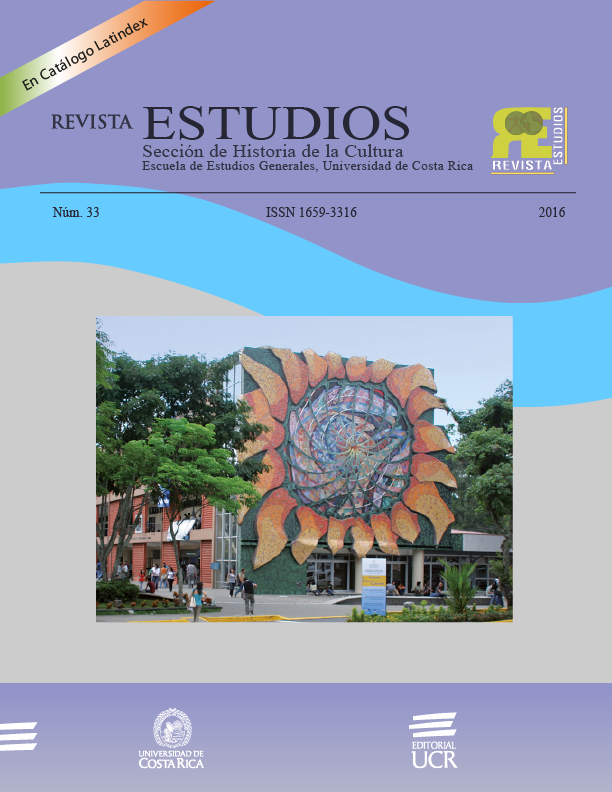Abstract
The doctrine of the Mandate of Heaven 天命 was the basis of political legitimacy throughout the dynastic China. In order to study its conformation and the basis of the legitimacy of the emperors, I will begin this essay with an account of the origins of the doctrine. Then I will consider the problem of legitimacy during the dynastic China based on the legitimacy concept of sociologist Max Weber and of Hok-lam Chan, a recognized authority of this historical period. While Weber claimed that dynastic China was based on a charismatic domination and legitimacy, adapted one way or another to daily life, the fact is that the case of Han Gaozu汉高祖, founder of the Han Dynasty 汉朝, demonstrates that the basis of the legitimacy of dynastic China had other elements of legitimacy, sorted by Weber as rational and traditional. Also, Hok-lam Chan speaks of five forms of legitimacy: procedural, coercive, semantic, scholastic and popular. If these five categories are classified in the thought of Max Weber, one could observe how they share certain elements. By doing this, an integral legitimacy is formed, which the various rulers of the Chinese dynastic period needed to truly be worthy of the mandate of Heaven. Finally, I will discuss the case of Han Gaozu, as it is exceptional way to understand the usefulness of the doctrine of the Mandate of Heaven. Therefore, I will discuss why Han Gaozu mythologized his origins under the hypothesis that, although the legitimacy obtained by his personal talent –rational legitimacy- and the support of his followers –charismatic legitimacy-, with which he was able to become a ruler, was not enough for him to be considered a man "worthy" to receive the mandate of Heaven. Rather, he had to mystify his origins to obtain a comprehensive legitimacy and establish himself as a new legitimate emperor despite his peasant origin.
References
Allan, Sarah. (2007). On the Identity of Shang Di and the Origin of the Concepts of a Celestial Mandate (Tian Ming). Early China, vol. 31, 1-46
Bagley Robert. (1999) “Shang Archeology”,The Cambridege History of Acient China: From the Origins of Civilization to 221 B.C., Reino Unido: Cambridge University Press, 124-231
Brandauer, Frederick P. Y Chun-Chien Huang. (1994). Imperial Rulership and
Cultural Change in Traditional China. Estados Unidos: University of Washinton Press
Botton Beja, Flora. (2000). China: su historia y cultura hasta 1800. México: COLMEX
Chan, Hok-lam. (1984). Legitimation in Imperial China. Discussions under the Jurchen-Chin Dynasty. Estados Unidos: University of Washington Press
Chartier, Roger. (1997). On the edge of the cliff history, language, and practices. Estados Unidos: Johns Hopkins University Press
Ching, Julia. (1997). Son of Heaven: Sacral Kingship in Ancient China. T’oung Pao, segunda serie, vol. 83, Fasc 1 / 3, P. 3-41
Hing Ming Hung. (2011) The Road to the Throne: How Liu Bang Founded China's Han Dynasty. Estados Unidos: Algora Publishing
Keightley, David. (1999) “The Shang: China’s First Historical Dynasty”, The Cambridege History of Acient China: From the Origins of Civilization to 221 B.C. Reino Unido: Cambridge University Press, 232-291
Pankenier, David W. (marzo-abril 1998). The Mandate of Heaven. Archaeology, vol. 51, núm. 2, 26-34
Pankenier, David W. (1995). The Cosmo-political Background of Heaven’s Mandate. Early China, vol. 20, 121-176
Richards, Janet. (2000). Order, Legitimacy, and Wealth in Ancient States. Reino Unido: Cambridge University Press
Sima, Qian, Los adversarios: dos biografías de las memorias historicas, trad. John Page, México, COLMEX, 1979
Shauhnessy, Edward L. (1979) Before Confucius. Estados Unidos: State
University of New York Press
Loewe, Michael. (1966). Imperial China: The Historical Background to the
Modern Age. Estados Unidos: Frederick A. Praeger Publisher
Loewe, Michael. (2002). The Cosmological Context of Sovereignty in Han Times. Bulletin of the School of Oriental and African Studies, vol.65, núm. 2, 342-349
Wang Y. C. (1975) “The Central Government of the Han Former Dynasty”, en Chang, C.S. The Making of China: main themes in premodern Chinese history. Estados Unidos: Prentice-Hall
Weber, Max. (2014). Economía y sociedad. México: Fondo de Cultura
Económico.

